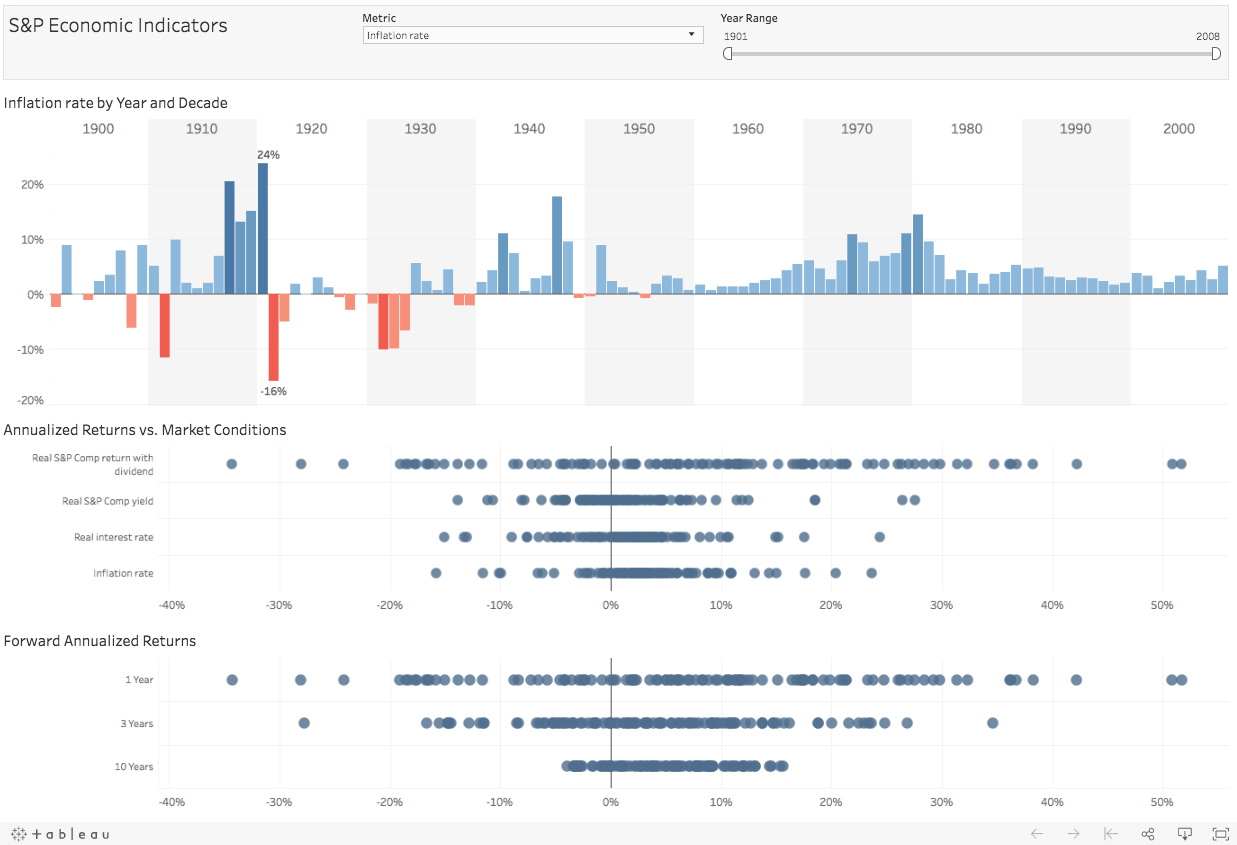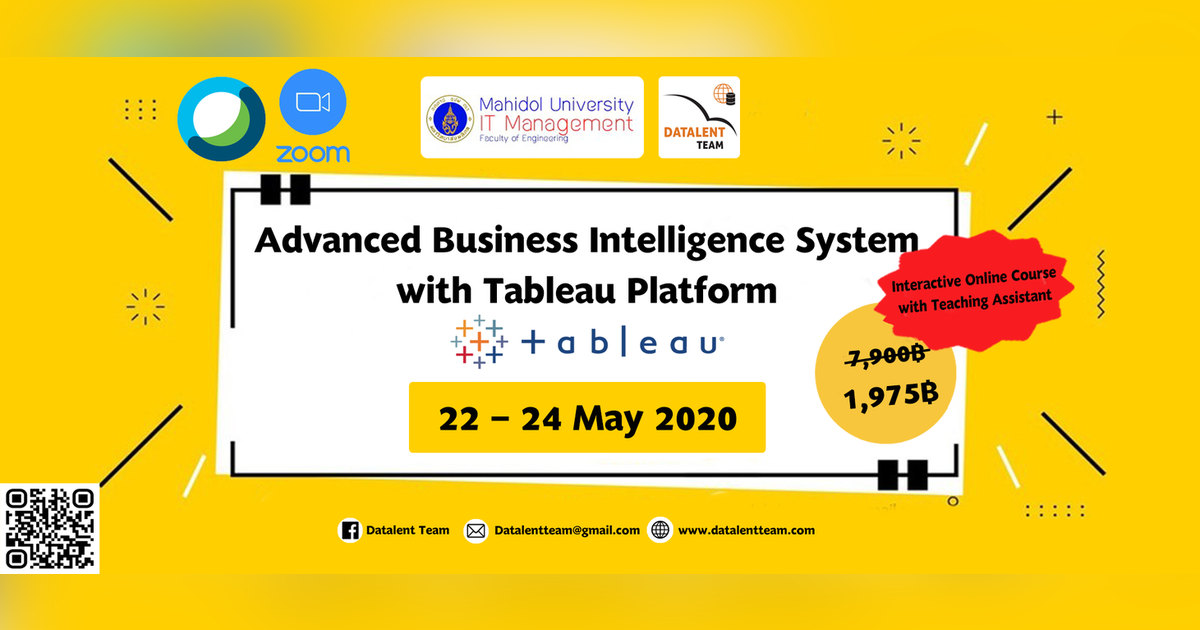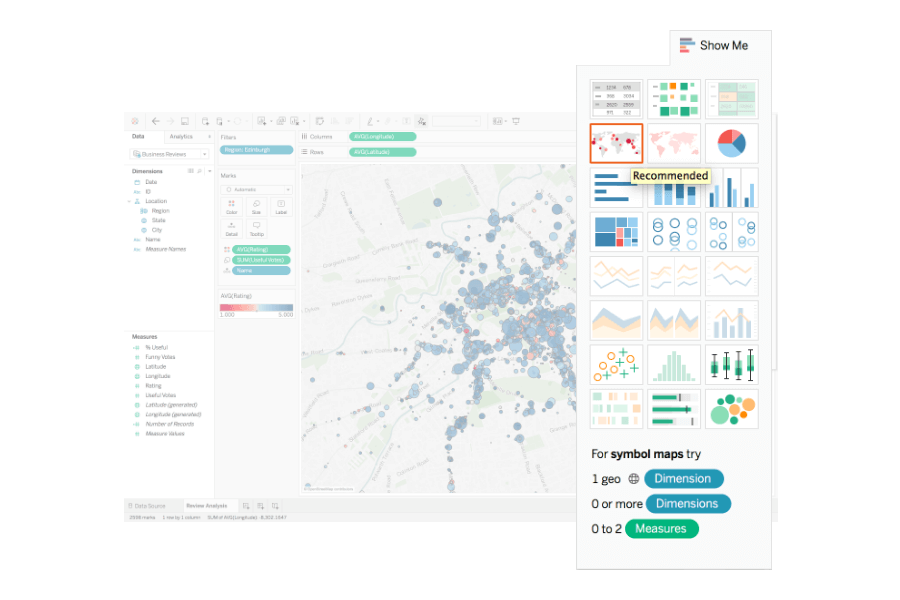

Here are a few reasons to consider Tableau as your Business Intelligence tool for your business:

Not all tools available out there are as efficient as Tableau is. It is primarily a mission-driven tool that helps to extract data and build reports.


Tableau is one such tool that allows Enterprises to embed modern analytics at the core of their decision-making process. There exists an array of tools that consolidate data from all endpoints to study, analyze, and derive significant insights from the data. Learn more about choosing a business intelligence platform with our evaluation guide.Thriving in the age of digital progression, data happens to be the most important element today. Combining business goals with data can transform your business into a data culture. Modern BI approaches will favor tools that can make data analysis more approachable and interactive for users of all skill-levels. Read more about analytics best practices in Tableau Blueprint. Tableau offers training, including videos for creating and optimizing dashboards to help users become proficient with our platform. Less is more! Don’t pack too many visual elements into one dashboard. Ensure the visualization displays information that helps stakeholders make decisions. Ensure that data-like sales or profit-includes essential milestone dates or year-over-year comparisons so stakeholders are able to understand trends. Customize the dashboard so that the target audience has only relevant information. Keep these in mind when designing your own BI dashboards: There are a variety of training courses for designing effective BI dashboards to align with industry best practices. When Charles Schwab made it possible for thousands of bank branches to create their own dashboards to track performance, they were able to track customer satisfaction with their products without analyzing pages of spreadsheets. They can alert to positive trends, isolate negative trends, and offer predictive insights. Dashboard-driven data visualizations can help business users identify trends. Chipotle used dashboards to create a unified view of their restaurant locations and streamlined their analytical processes. Self-service BI empowers non-technical users to interact with data. IT may create content as a starting point, business users can create and view their own dashboards. Benefits of BI Dashboardsīusiness intelligence dashboards enable organizations to make complex data easily understandable and approachable for non-technical users. Sharing capability to foster collaborationĪll of these features contribute to the goal of BI dashboards and lead to overall benefits for the users and for the organization.Modern BI platforms offer a lot of the same key features, with many real-world dashboard examples showcasing some or all of these: Reports, on the other hand, are static-they offer detail, but the end user must extract insights from a compilation of data. They tend to be visual and interactive, allowing the user to engage with the information and create their own analyses. Dashboards can be updated in near-real time using cloud-based technology. Key differences between dashboards and reportsĭashboards and reports can work together to give a comprehensive view of trends and insights, but they are different. Reports are for stakeholders who need more details and who want to slice and dice data to uncover insights. Dashboards are ideal for stakeholders who need at-a-glance overviews of performance. BI reportsĭashboards and reports are critical for business intelligence, and dashboards can help users understand complex reports. With a powerful, automated business intelligence tool, stakeholders can build dashboards to review, draw conclusions, and act. Instead of analysts manually compiling spreadsheets, modern BI platforms can access, analyze, display, and share data via web-based dashboards. They should be purpose-built and designed to analyze data from key datasets, to improve business decisions. Tableau Conference Toggle sub-navigationĭiscover Blueprint Our Capabilities The purpose of a BI dashboardĭashboards are integral to an organizations’ business intelligence strategy.Reference Materials Toggle sub-navigation.Teams and Organizations Toggle sub-navigation.


 0 kommentar(er)
0 kommentar(er)
